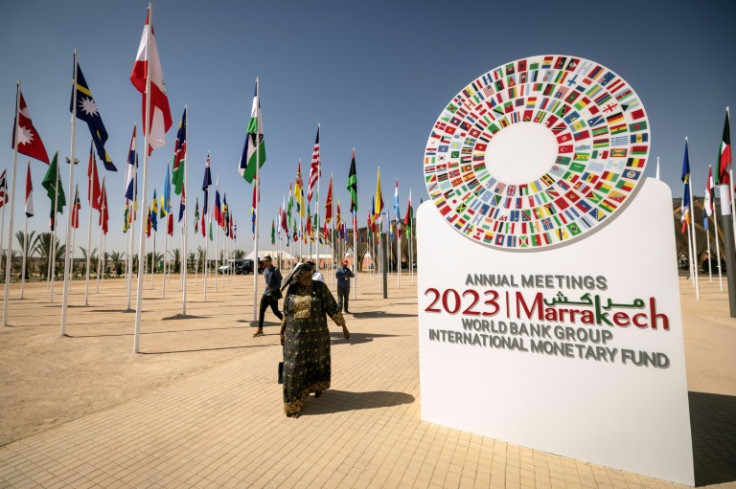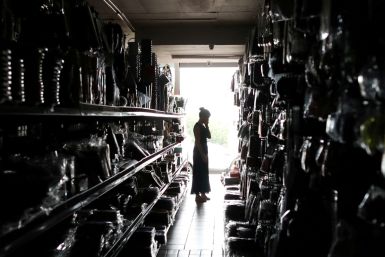South Africa Gets $1 Billion Loan From World Bank Amid Energy Crisis

South Africa's $1 billion loan was approved by the World Bank on Wednesday amid an ongoing energy crisis in the country.
South Africa has been dealing with electricity issues for a decade now. Eskom, the energy company responsible for providing electricity across the country, uses coal stations to generate 80% of the electricity it supplies.
However, the company has not been able to meet the demand of 62 million South Africans, with its power stations breaking down routinely. This results in power outages that last up to 10 hours per day, according to Reuters.
It is also getting difficult for the country to meet its climate change targets. Therefore, the World Bank has stepped in to help South Africa meet its goal to transition from coal-fired power plants to green energy. The loan is also expected to "contribute to a gradual reduction in water and air pollution by reducing the reliance on coal for power generation," as per the outlet.
The South African government said the country requires almost $80 billion in the next five years to fund its energy transition projects. Previously, the World Bank has provided a $439.5 million loan to South Africa to convert coal-fired Komati power station to a renewable energy provider.
Aside from the World Bank, South Africa also secured $676 million worth of funding from rich nations for its transition to green energy earlier this month.
Rudi Dicks, head of the Project Management Office (PMO) at the Private Office of the President, said South Africa has been trying to get more than $12 billion from Western countries but in the form of gifts rather than loans.
South Africa is also trying to attract private investors to this transition project.
Last week, electricity minister Kgosientsho Ramokgopa claimed that Africa could produce 50 times more energy than required by 2040, adding that Sub-Saharan Africa's resources had the potential to generate between 5,000 to 13,000 million tons of green hydrogen energy every year.
"We think that could come at about $2 per kilogram essentially by 2050 and therefore making green hydrogen financially competitive compared to other energy sources," he said.
This renewable energy can also contribute to the national revenue funds of up to $20 billion for many African countries including South Africa. Moreover, this revenue can be used on social infrastructure and improve the quality of life of citizens.
© Copyright 2025 IBTimes ZA. All rights reserved.


















